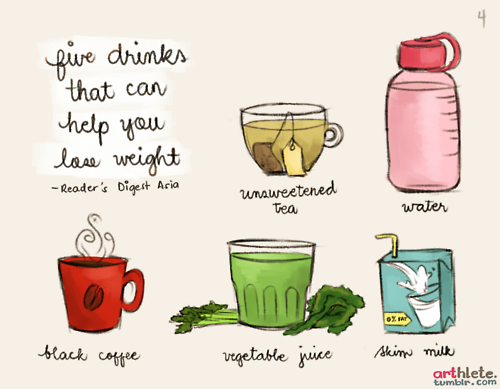Might microscopic bacteria really be linked to all that havoc? Researchers think so, since they found that bacteria-poor participants were lacking eight particular species. “That opens the possibility of developing bacterial therapies, a new type of probiotic which perhaps could fight this weight gain,” said Dusko Ehrlich, PhD, study co-author and research director at the French National Institute for Agricultural Research. Scientists have only identified one of the eight strains, but Dr. Ehrlich said that they seem to be connected to the conversion of insoluble fiber in our guts into metabolites.

That squares with what the scientists at American Gut Project told me about my own gut: insoluble fiber, found in produce, is food for our guts to ferment. (Let’s just say I wasn’t eating my vegetables, and my bacterial abundances gave me away.) It’s too soon to draw firm conclusions, Dr. Ehrlich said, but “an interesting observation from our study is that high richness people have a tendency to consume, in their daily life, more fruit and vegetables than low richness people. We think it needs to be reproduced, but if it turns out to be true…wouldn’t it be wonderful if nutrition could prevent or reduce the risk of these clinical problems?”
Indeed it would, and Dr. Ehrlich and another team of researchers put diet to the test in the second study. They placed 49 obese or overweight French participants on a calorie-restricted diet for six weeks, then on a weight-maintaining diet for six more weeks, and looked at how the gut changed. Even though the French diet is worlds (and many baguettes) away from a Danish one, still the gene-rich and gene-poor populations emerged. The gene-poor French were missing the same species as the gene-poor Danes, and had the same risks and inflammation.
More from Prevention: The Weight Loss Probiotic Strain
“We are very tempted to extend this observation,” said Dr. Ehrlich. “Maybe in most Western countries, there will be these two different populations in people’s guts, and people will be at risk if they have low bacterial richness.”
Even more surprising, when people followed the calorie-restricted diet, their microbial richness increased (along with the expected weight loss and metabolic profiles.) “In low-richness people, it increased very significantly,” Dr. Ehrlich said. Though their levels didn’t reach those of the high-gene count group, and their inflammation didn’t subside much, the results are clear: diet can make your gut more diverse, which can lower your risk for a host of diseases.
“We have to move from curative to preventative medicine, and our studies open the way for that,” Dr. Ehrlich said. “The effects on our society could be tremendous.”
More from Prevention: Understanding Gut Bacteria




